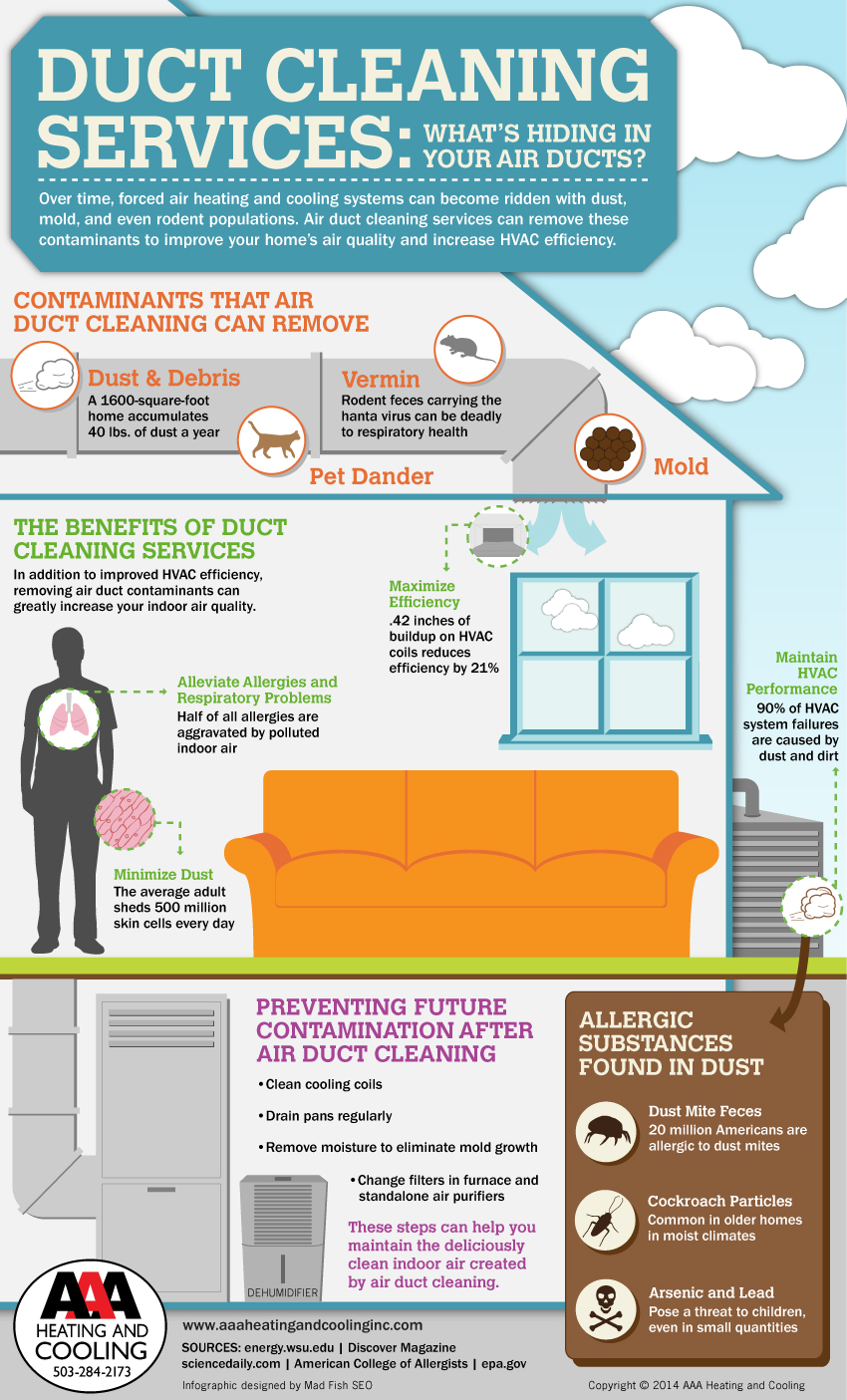Checking Out The Environmental Advantages Of Warmth Pumps - A Sustainable Home Heating Service
Checking Out The Environmental Advantages Of Warmth Pumps - A Sustainable Home Heating Service
Blog Article
Writer-Forsyth Zhou
In an era where sustainability and power effectiveness are extremely important, several businesses look for environmentally friendly heating options. One such remedy is the heat pump.
A heatpump extracts the warm in its surroundings and pumps it right into your home, leading to one of one of the most reliable environmentally friendly main heating systems around. This procedure also creates zero greenhouse gas emissions, making it an extremely sustainable modern technology.
Energy Efficiency
Heatpump are really energy effective and call for little maintenance. They make use of less electricity than other heater and are without a doubt one of the most eco-friendly. They work well with rooftop solar and can usually spend for themselves in energy cost savings alone.
They can also provide cooling, which is excellent for garage workshops, attic hangouts and incentive spaces, and home additions without prolonging the existing ductwork. They can even be used for retrofits in existing homes with hydronic (water-based) distribution systems such as reduced temperature level radiators or glowing floorings.
Seek versions with SEER and HSPF ratings that meet or exceed copyright's minimum standards, in addition to the requirements in your region. Greater ratings imply higher efficiency, which conserves you cash in the long run and reduces your carbon impact. You might also get approved for rebates and incentives! The best systems are those with a ground warmth exchanger for included performance. visit the next page can absorb thermal power from the ground during the winter season and essence it in the summer.
Reduced Greenhouse Gas Emissions
Heatpump operate on power and essentially move heat from the air, even when it's cool outside. They have the ability to remove the complimentary warm trapped in air bits and move them indoors, lowering humidity while doing so.
Compared to gas furnaces, modern heat pumps use less than one kilowatt of power per kilowatt of heating power they create. This makes them the most power reliable heating choice offered with a POLICE (Coefficient of Efficiency) of four or more. By lowering the need for fossil fuels, heatpump help in reducing greenhouse gas emissions and cut various other major air toxins.
Structure decarbonization is a worldwide essential, and the a/c market is a crucial motorist of that procedure. Whether it's investor making web zero commitments, policy manufacturers establishing emissions restrictions, or renters demanding greener rooms, electric heatpump are being identified as a vital service. They are an economical means to decrease carbon exhausts by getting rid of the need for nonrenewable fuel sources in structures.
Flexibility
Heat pumps can be utilized in numerous sorts of homes and buildings-- with or without air ducts. They collaborate with hot-water radiators, air-conditioning and programmable thermostats. They can change furnaces or be set up in new houses. They can work on solar panels, geothermal systems or even area home heating resources like wastewater.
They're terrific at providing more warmth per energy unit. As an example, an air-source heatpump generates approximately three or even more heating units from each electrical power unit it eats.
Getting the most from your heatpump will depend upon your environment area and quality of insulation. Search for versions with power STAR ratings and compare their SEER or HSPF specs. In warmer environments, focus on SEER; in colder areas, take into consideration a system with a greater HSPF score. In addition, purchase air sealing and insulation to lower the load on your heat pump. That will boost power effectiveness and aid you reach your Web Absolutely no objectives faster.
Biomass Boilers
Biomass central heating boilers make use of timber pellets, chips or logs to create heat and hot water. They are a great option for off-grid homes or those who intend to leave the gas grid.
As additional Info heating unit, biomass can offer adequate energy to maintain your home cozy throughout the year without the common warm drop off of various other eco-friendly technologies. They can also be used in conjunction with solar panels to maximise financial savings and benefit from RHI repayments.
A drawback of these systems is the in advance price and regular fuel distributions. Often, pellets will require to be blown into a gas shop using a vacuum system or they can be manually fed into the boiler through a hopper. Logs are usually self-sourced from close-by forest or bought wholesale. In addition to this, they need hand-operated loading and might need cleansing regularly.